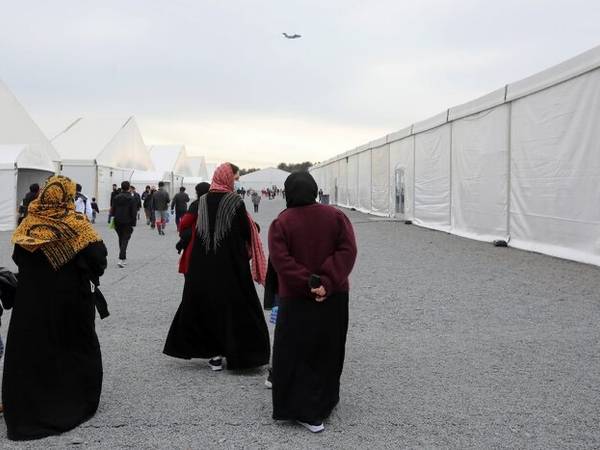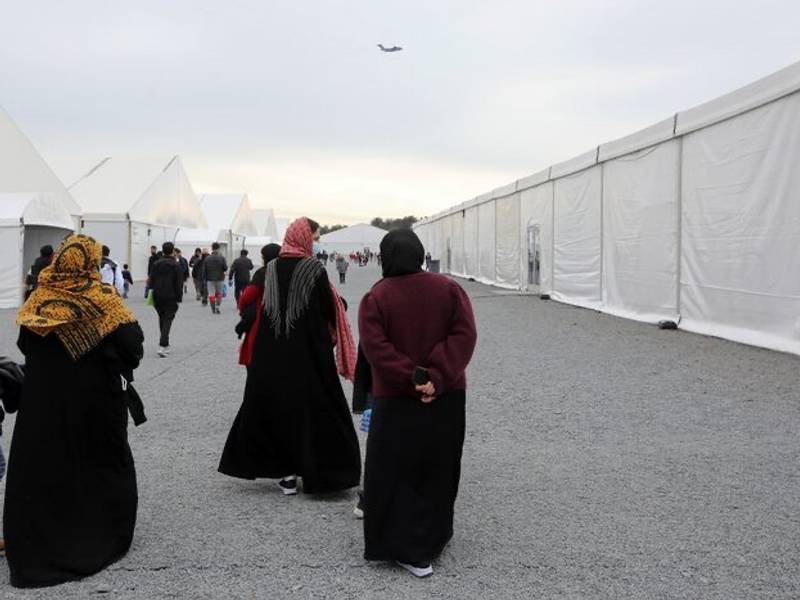The US Department of Homeland Security (DHS) announced on Monday that it is ending Temporary Protected Status (TPS) for Afghan nationals, a measure granted under the Biden administration.
The move, rooted in a policy shift initiated during the Trump era, has sparked strong criticism from refugee advocates and Afghan-American organisations.
The DHS stated that conditions in Afghanistan have “improved” to the extent that TPS is no longer warranted, and Afghan nationals should begin returning home. As a result, TPS for approximately 14000 Afghan nationals currently residing in the United States will expire in 60 days.
In a statement, US Secretary of Homeland Security Kristi Noem said the administration’s latest assessment determined that Afghan refugees no longer meet the criteria for TPS. She cited improved security, a stabilising economy, and a rise in foreign tourism particularly from Chinese nationals as indicators that it is now safe for Afghans to return.
TPS is a humanitarian programme designed to offer temporary legal status and work authorisation to individuals from countries affected by conflict, natural disaster, or other extraordinary conditions. Afghan nationals have benefited from TPS for decades, particularly following the fall of Kabul in 2021.
Refugee and human rights groups, however, condemned the decision. The Afghan-American Foundation called it a “betrayal” of individuals who had risked their lives in support of US forces during the two-decade war. The foundation’s president noted:
“The sacrifices America’s Afghan allies made were not temporary; the protection we offer them must also be permanent.”
Shawn VanDiver, president of the non-profit organisation Afghan Evac, argued the decision damages US credibility and puts vulnerable lives at risk.
“Afghanistan remains under Taliban control. Human rights abuses, arbitrary detentions, and violence against women are widespread. Ending TPS won’t improve security, it will break up families and worsen instability,” he said.
Since the Taliban takeover in August 2021, approximately 80000 Afghans have arrived in the US under various evacuation and resettlement programmes. Many are in the process of obtaining permanent residency through asylum claims or Special Immigrant Visas (SIVs), while some have already received US green cards. However, around 14600 remain protected solely under TPS and now face the prospect of deportation.
Some of those affected have already received formal notices instructing them to leave the country. Miriam Woods, a schoolteacher in Des Moines, Iowa, described the psychological toll the policy shift is having on her Afghan students.
“One student told me they cry every night. They’re terrified,” she said.
The decision comes amid mounting international concern over the humanitarian crisis in Afghanistan. Reports continue to highlight severe human rights violations, including bans on education and employment for women, persecution of minorities, and widespread food insecurity.
The United Nations High Commissioner for Refugees (UNHCR) last month warned against the forced return of Afghan refugees, stating that such actions could exacerbate the already dire situation and trigger further displacement.
The policy reversal underscores a broader debate over America’s long-term responsibility to its Afghan allies and the role of humanitarian protection in US immigration policy.

